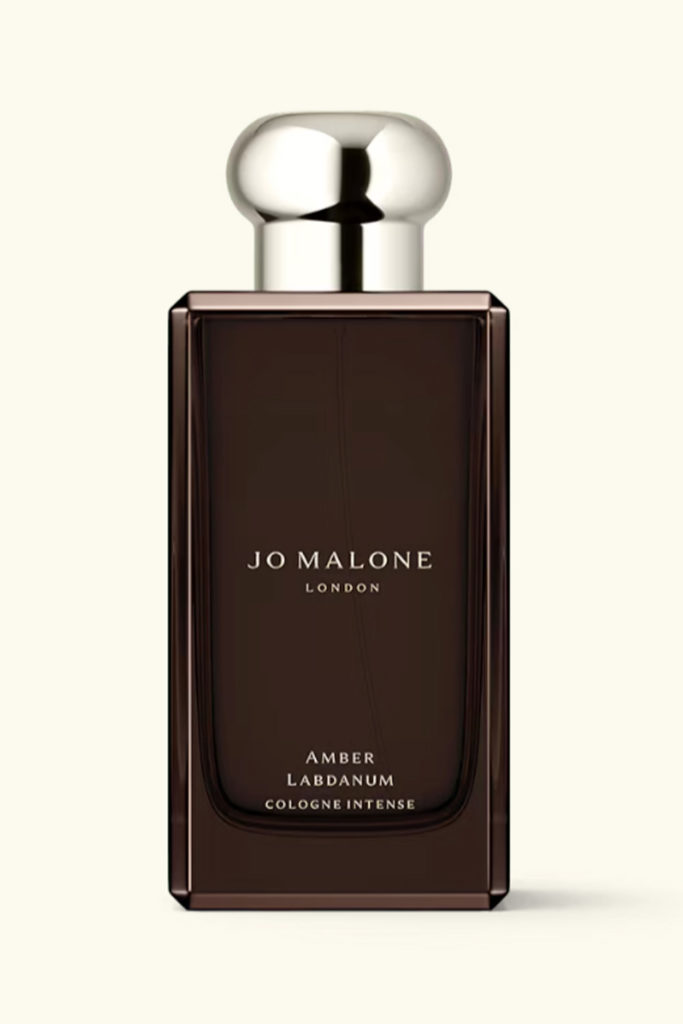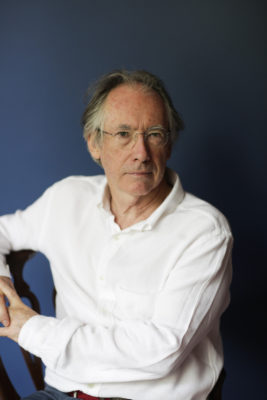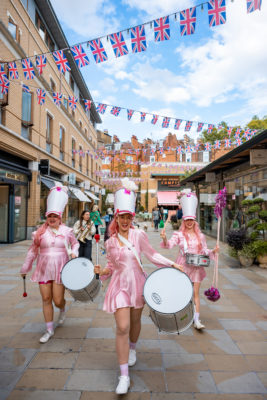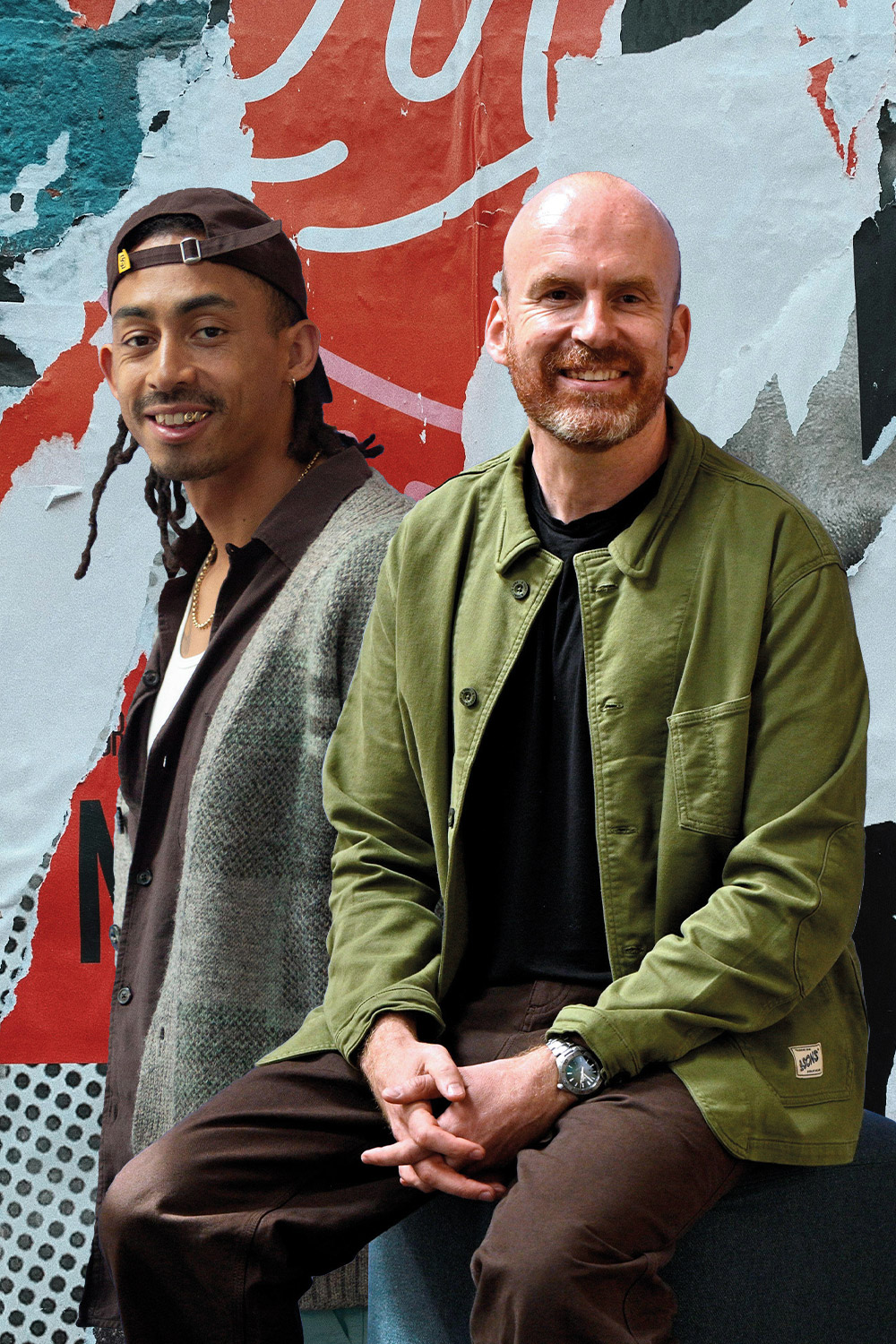
Matt Haig & Jordan Stephens On Breaking The Stigma Around Male Mental Health
By
6 months ago
The two will be in conversation with Annie Macmanus at Chelsea Arts Festival this September
Author Matt Haig and musician Jordan Stephens might be divided by age and career, but are united in their radical honesty about mental health – and their mission to change how men talk about it, says Katie Glass.
BOOK HERE: Matt Haig & Jordan Stephens At Chelsea Arts Festival
Matt Haig & Jordan Stephens Talk Masculinity, Addiction and Writing
Separated by a generation and by an art form, author Matt Haig and popstar Jordan Stephens appear, on the surface, to have little in common. One is a 50-year-old best-selling writer known for poignant books like The Midnight Library; Stephens, 33, is best known as one half of exuberant Brighton rap group Rizzle Kicks and partner to pop starlet Jade Thirlwall of Little Mix.
Yet over the years their lives have overlapped, both in their personal experiences and how each of them have spoken with radical honesty about their mental health issues, opening up a wider conversation for men. Haig, most famously in Reasons to Stay Alive, a memoir of his experiences of depression and anxiety, and Stephens, in his candid memoir Avoidance, Drugs, Heartbreak and Dogs, write provocatively and poetically about those subjects.
Stephens knew Haig’s reputation before they met. His best friend’s favourite book is Haig’s The Humans; ‘he has it tattooed on his leg’. The pair’s first encounter was in 2015, the year Haig published Reasons to Stay Alive and Stephens appeared in the mental health campaign #IAMWHOLE. Since then, Haig grins, ‘our paths have crossed again and again’.
Stephens credits Haig with first normalising openness around men’s mental health issues: ‘It was an important shift in a discussion around success and masculinity and mental health,’ he considers.
Haig, meanwhile, admires Stephens’ candour. ‘He talks from an honest place. When he’s talking about mental health, it’s all very personal. He has a kind of unfiltered quality in the way he’s just genuinely thinking out loud, and he writes in a similar way. We share that.’ Both men began writing with radical honesty about their mental health at a time when such discussions felt shocking and brave. Haig, who experienced a breakdown at 24 in 1999, says at the time, ‘there wasn’t something that would be referred to as the “mental health conversation”’.
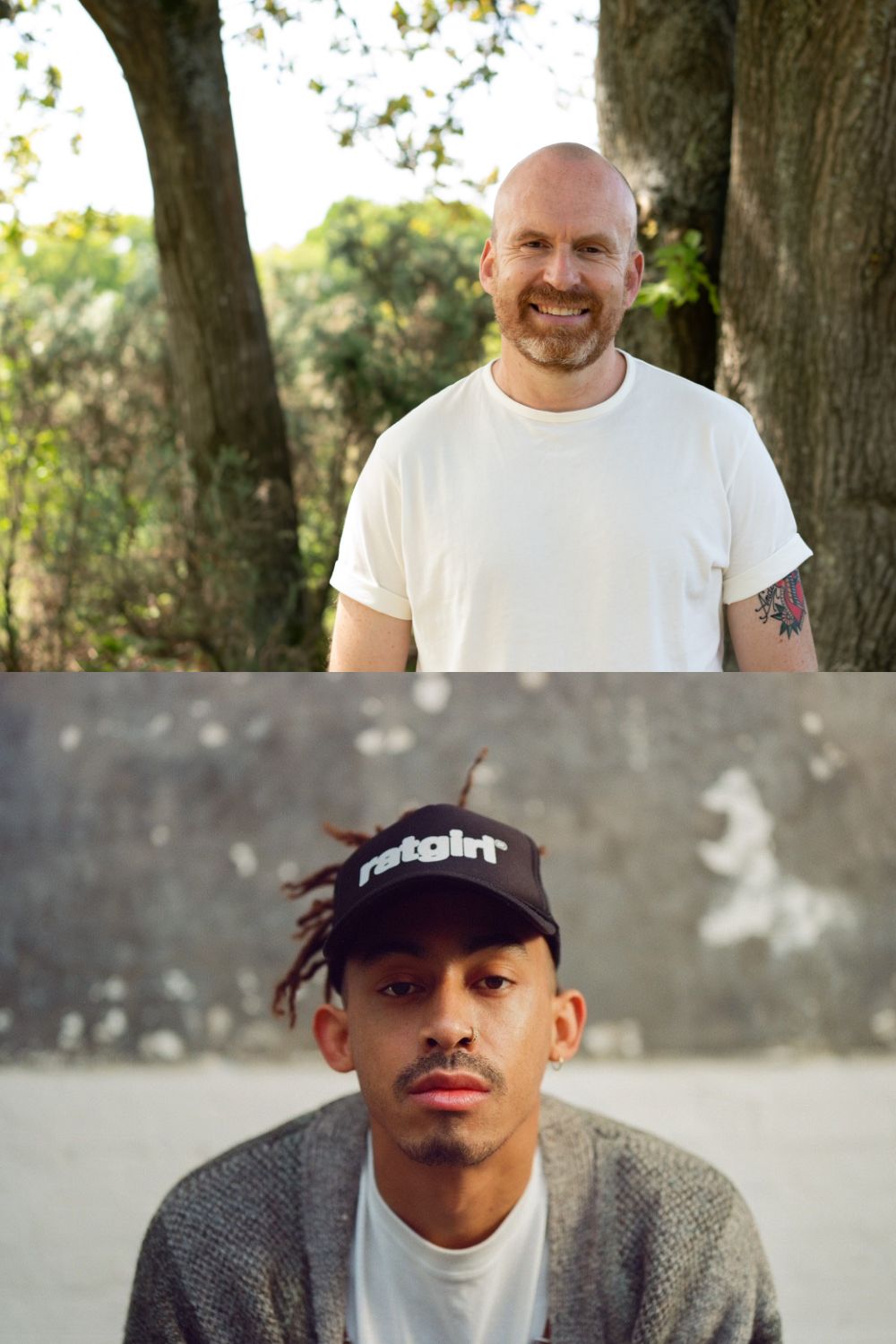
Matt Haig & Jordan Stephens (©Kan Lailey/Charlie J Doherty
The Power Of Writing
While Haig admits he didn’t feel brave writing Reasons, he started to when he began promoting the book and speaking aloud about something he never had before. ‘One of the reasons I wrote that book was to feel less alone,’ he explains. Stephens agrees: ‘I wrote Avoidance, Drugs, Heartbreak and Dogs because I felt that when I was heartbroken, there was nothing to help me.’
For both, the response to their work has been overwhelming. Stephens speaks of men messaging him during break-ups or when they go sober: ‘I think if people are spinning, the book can be an anchor of sorts.’ At Haig’s first event for Reasons at a church in Glasgow, an older man came up to tell him he’d had depression for 40 years and had often felt suicidal. ‘He went to the pub every day with the same best mate, and he said they’d speak about everything, but had never once spoken about depression,’ the author recalls. ‘Then he read my book, and he’d spoken to his mate about his own mental struggles. I thought, that’s the point – you’re not the end point in yourself, you’re just starting the conversation.’ Both muse on mental health through the prism of manhood. Haig was shaped by traditional ideas of masculinity, having grown up in ‘a real working class, quite traditional small town in the Midlands. There wasn’t an array of diverse role models. I really struggled,’ he admits. ‘I think a lot of my issues came about from feeling like I didn’t fit in.’
Beating Addictions
For Stephens, emulating traditional masculinity impacted his intimate relationships – a lack of bonding that leaves men disconnected. He began glamorising drug abuse as a result, and now realises the celebration of intoxication in art is a real problem. ‘Pretty much all of my male heroes have been fucking wasted, and we thought that was really cool. I don’t think it’s cool anymore.’
Both have spoken frankly about their addictions; Haig considers addiction a particularly male crutch. ‘It was a socially accepted way of handling your problems, certainly 20 years ago. I didn’t have any self-esteem about anything, I wasn’t great at football, but being able to consume a lot of alcohol gets you respect. I’d be known as the person who can handle his drink. I’d have drinking competitions. It was very typically masculine in regard to mental health. It’s the glorification of a problem.’
Are Things Changing?
But Stephens and Haig do feel optimistic things will be different for a future generation of men. ‘Things have shifted so dramatically in such a short space of time,’ Stephens considers. ‘I think we lose a sense of how quickly cultural conversation evolves; that’s around gender, around mental health. A decade ago, I literally did not understand what anxiety meant.’
He’s a gender optimist. ‘Considering I grew up in an era of women being paraded on Saturday morning football shows and rated out of ten, I think we’re doing alright. I see so many examples of men who are consciously wanting to break generational cycles and be there as fathers to their kids.’
While Haig recognises this cultural shift, he is more hesitant. ‘I see the same amount of problems; they’re just different problems,’ he explains. ‘Now, we’ve got men catching up to women with body dysmorphia, gym addiction and eating issues – obsession with protein, looks, Instagram photos. Social media has some good things, especially in terms of a mental health conversation, but it’s got a whole load of new issues that we’re having to work through.’ He worries about Trump, Andrew Tate and a sort of ‘cartoonish’ hypermasculinity he sees among some men online. As a parent to a 17-year-old boy who is ‘online a lot’, Haig says, ‘you don’t want to be the Victorian restrictive parent, but you also don’t want to be this foolish, over-liberal parent who’s just fine with anything’.
Stephens agrees: ‘I feel incredibly protective over boys. It’s our responsibility as adults to lead by example, not to plant the idea that a whole generation of children are these potentially violent adults. I really don’t agree with that. We’ve got to show boys the way, without making them feel like they’re bad people. Show boys how to love themselves.’
Stephens says the main thing that saved his mental health was ‘going sober’. Haig’s advice for anyone struggling is simple: ‘things change’.
Matt Haig and Jordan Stephens are in conversation with Annie Macmanus on 21 September at Chelsea Arts Festival. chelseaartsfestival.com





